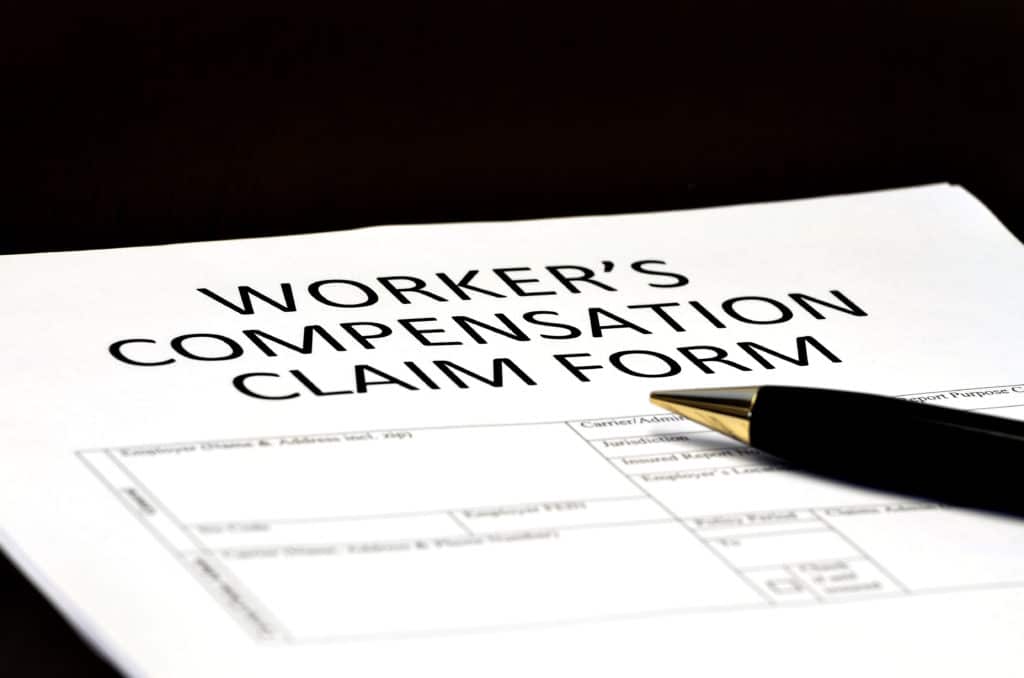What Is the Statute of Limitations for Workers’ Compensation Claims in Illinois?
In 2018 alone, there were nearly 3 million workplace injuries and illnesses reported by private employers. If you were recently injured on the job, it’s understandable to want to immediately focus on getting treated and doing what’s necessary to recover. However, many injured workers are unaware that there’s a statute of limitations that applies to workers compensation claims in Illinois. If you’re one of them, you could unintentionally lose your right to file a claim.

What Is ‘Statute of Limitations’ and Why Does It Matter?
A statute of limitations is basically a deadline when a workers’ comp claim must be filed. Knowing this date matters because, under normal circumstances, if you miss this deadline for filing, you give up your right to file a claim and seek appropriate compensation for your work-related injury. There is one significant exemption, but let’s talk about what the standard deadline is first.
According to Illinois Workers’ Compensation Act, an individual affected by a work-related injury has 3 years from the date of the injury to file a claim seeking workers’ comp benefits. Legally, the word “claim” refers to submitting the appropriate application – referred to as the “Application for Adjustment of Claim” – to the Illinois Workers’ Compensation Commission. As for why this deadline could be missed, possible reasons include:
- Simply not being aware of the filing deadline
- Lacking sufficient legal counsel and guidance
- Not thinking the initial injuries were serious enough to warrant filing a claim
- Deciding to attempt to file several years later because of an initial belief that doing so wasn’t necessary
Assuming you don’t have to file a claim is something that can happen if you are already receiving payments from your employer’s insurance carrier. However, these may be for the reimbursement of your medical bills or temporary benefits. If this happens, you may only consider filing a claim when these initial benefits run out, which could be beyond the standard 3-year statute of limitations – unless the exemption discussed below applies to you.
What Is the Illinois Workers’ Comp Exemption?
The exemption is specific to other benefits you may already be receiving that are covered under the state’s workers compensation act. If this is the case, then you have 2 more years to file your claim from the date of your late benefit payment. In other instances, however, you may still be able to file a claim even if the statute of limitations has been exceeded. A workers’ compensation lawyer can help you determine what applies to your situation.
What Can an Experienced Attorney Do for You?
Because filing a workers’ comp claim in Illinois or any state can be a complex process, it’s helpful to work with an experienced attorney when exploring your options. In addition to answering your questions and reviewing your situation, they can also make sure all necessary documentation is filed before relevant deadlines. Contacting a workers compensation lawyer also allows you to focus more on your recovery without worrying about missing deadlines or not submitting sufficient documentation or evidence.





